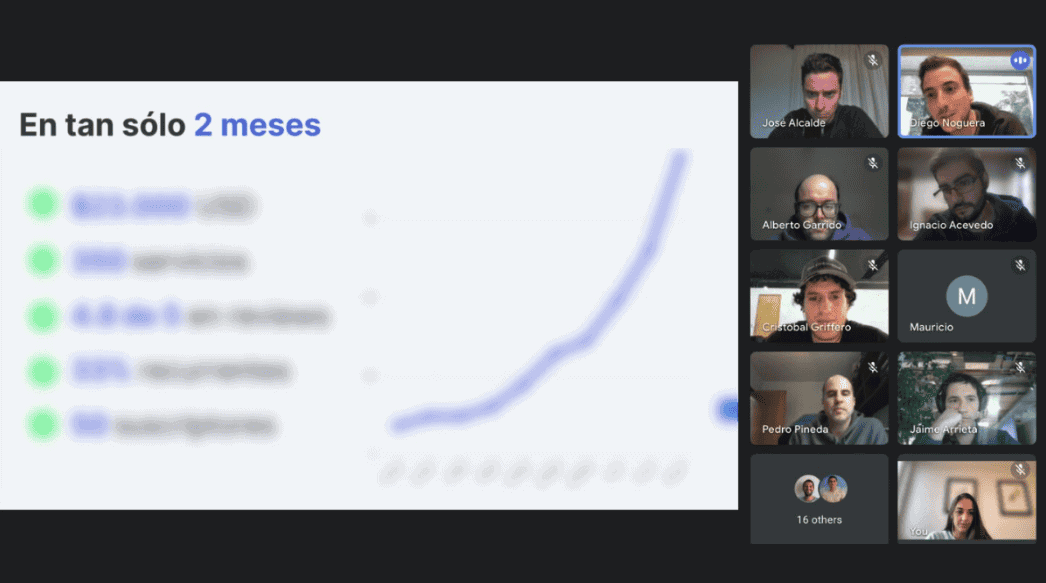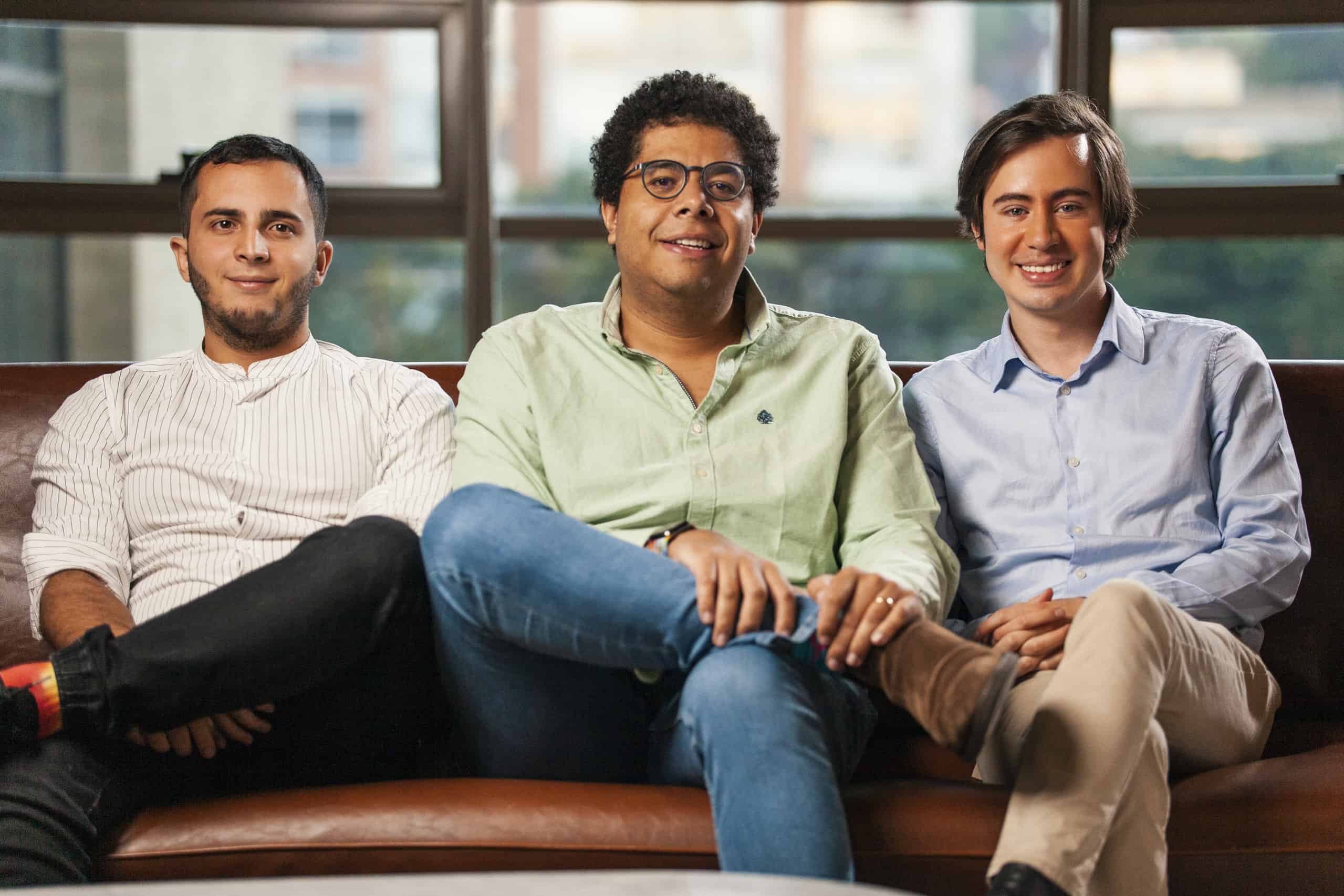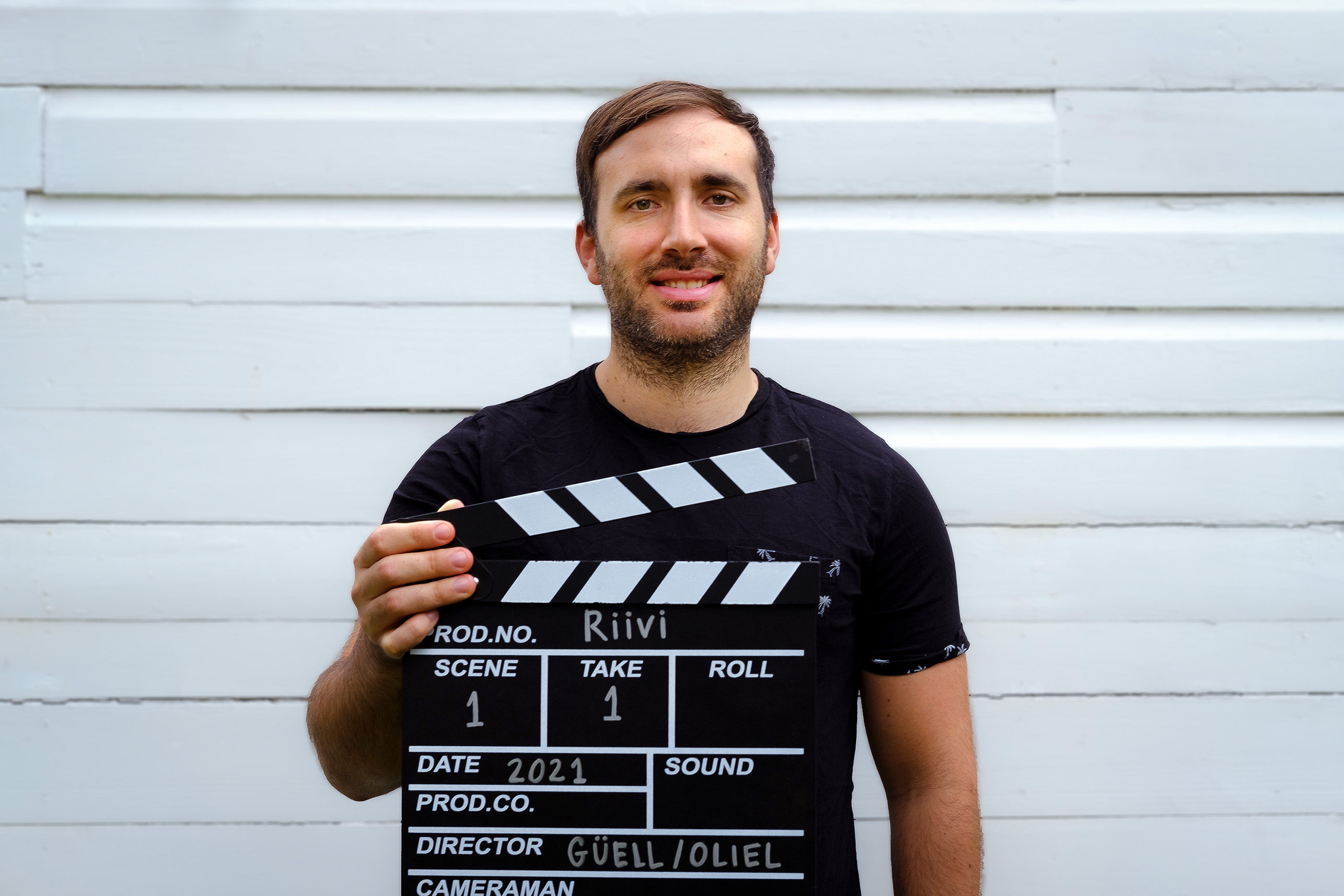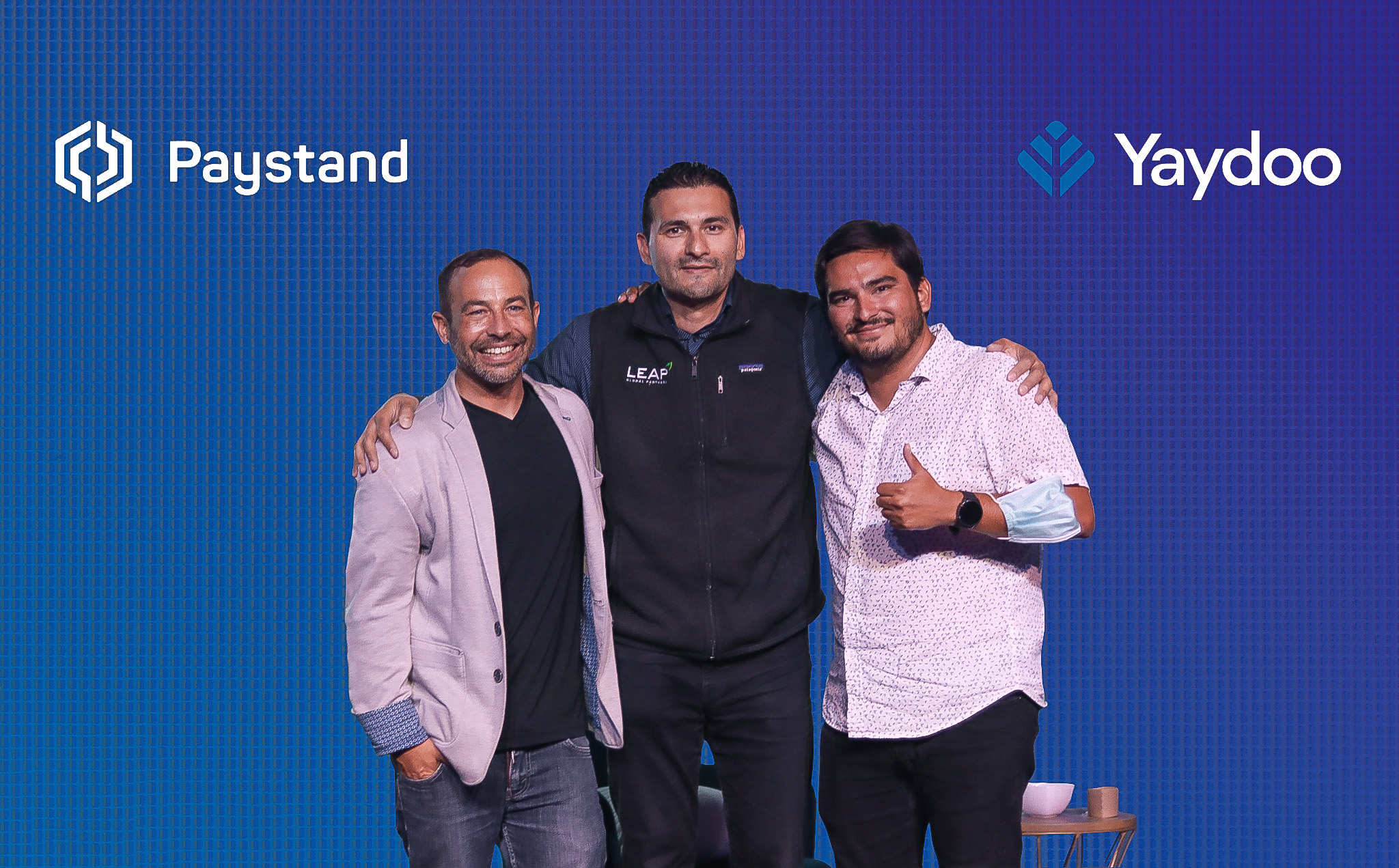Platanus Ventures, a firm that accelerates and invests in early-stage technology companies in LatAm, was born in 2020 with the ambition of being a sort of Y Combinator in the region. From what it has done in its short life, it is well on its way: it is already one of the leading accelerators in LatAm.
And this year—which has been difficult for entrepreneurship, especially in tech—the Chilean accelerator shows no signs of retreating. On the contrary, after announcing months ago that its investment ticket had risen to US$100,000 per startup, it recently revealed that it was tripling the number of selected startups in its latest batch.
Last week was the demo day of this latest generation. And the balance they make is positive. “We grew in all our metrics,” says Andrés Matte, one of the partners. “The total number of investment offers in startups doubled compared to last semester. More than 300 meetings were generated between startups and investors. The global economic panorama, in general, is not so good, and to keep growing and several startups have done well makes us very happy”.
In the startup world, Platanus’ emphasis on software is already well known: they require applicants to have at least one expert in the matter among their founders.
But this emphasis on the technical also comes from within: they developed a software that allows, among other things, to close investments during demo days. As Platanus recalls, Demo days in Latin America used to be marketing events or instances that did not manage to channel all the interest in early-stage investment. For that, they explain, this platform has been crucial.

The software is called Kalio and was developed by Andrés Matte himself. During the demo day, Kalio allows them to orchestrate the entire operation: investors can register, see if they were approved to participate, watch the streaming, schedule meetings, and, ultimately, invest. The latter, being able to manage the investments of the event, is the most distinctive aspect of the platform, explains Matte. It is something that even the Y Combinator platform does not have, he says, when asked about it.
Matte answered the following questions.
How did Kalio come about?
It was born because the idea was to create an acceleration program that could work well and scale the number of startups we support without needing giant teams. Today we are three full-time people, four part-time people, and two partners also part-time, and the scale we have reached is largely thanks to the fact that we rely on Kalio.
I imagine the platform also serves as a backup for this “handshake deal”, for this investment commitment.
Exactly. The whole purpose of that button is to invest and to enter a number, an amount and it is indeed a handshake deal. And if you don’t follow through, it’s severe for us, and basically, you can’t enter another demo day again. The truth is that of all the investments we have ever received, very few have dropped out, less than 1%.
Could you raise the same if you were not using this software?
The advantage of using software is that it is concentrated in a time frame in which everything moves faster. If it were without software, the demo day would pass and the startups would present and start talking to investors and it is more difficult to say: OK, this day I stop raising, until this day I accept investment. In general, that makes investments to be delayed. The investor has a powerful incentive to see how you move forward in time. So, if there is a software, it becomes much easier and feasible to set that deadline effectively. And closing that investment is fast.
Have others been interested in Kalio as a product?
We have been approached and commented in some places if they can use it, even for money. But it doesn’t make much sense for us because it’s a very, very customized product for what we needed. Our business is investing in startups, and we don’t want to be focused on anything else. So we make this software so that the startups we invest in can do better. And that’s its purpose.






